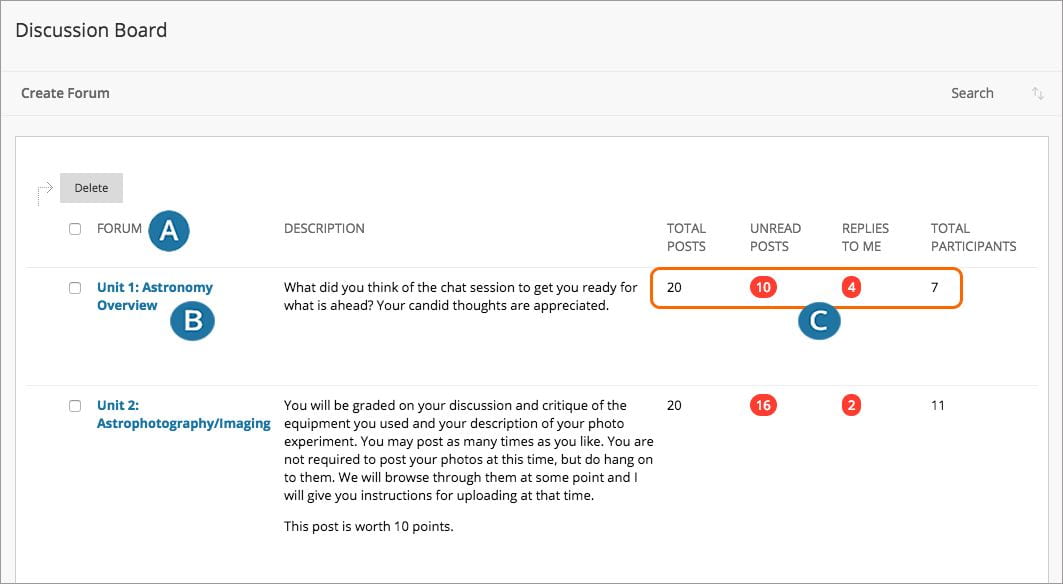How goes it everyone?
I know we all love Google and the convenience it provides. Heck, Google is so deeply ingrained in our daily lives and habits that the brand name itself has become a verb. Don’t know something? “Google it,” we all say.
But what if I told you that Google might be making you dumber? Nicholas Carr wrote an excellent article on this subject if you want to dive a little deeper than my brief commentary, but the basic gist is that having all of the world’s information (and misinformation) at our fingertips at the push of a button is making us impatient, shortening our attention spans, and diminishing our capacity for critical thought. You know how you often opt to read short, quick, easy blog posts like this or watch a short video on a topic in lieu of reading a research paper?
I know that I do this (don’t feel guilty!). That’s an example of what we’re talking about here. All of this technology and convenience (or rather our growing reliance on it) is making us lazy! Do you have trouble finding most places without using a GPS (I know I do!)? It’s making us incapable of performing simple tasks for ourselves like reading a map or simply remembering where things are. This is an issue that growing numbers of experts are starting to sound the alarm about.
In summary, be careful about how much your using Google and other convenient tech. Make sure to keep your brain active so you don’t lose it!
Peace!



